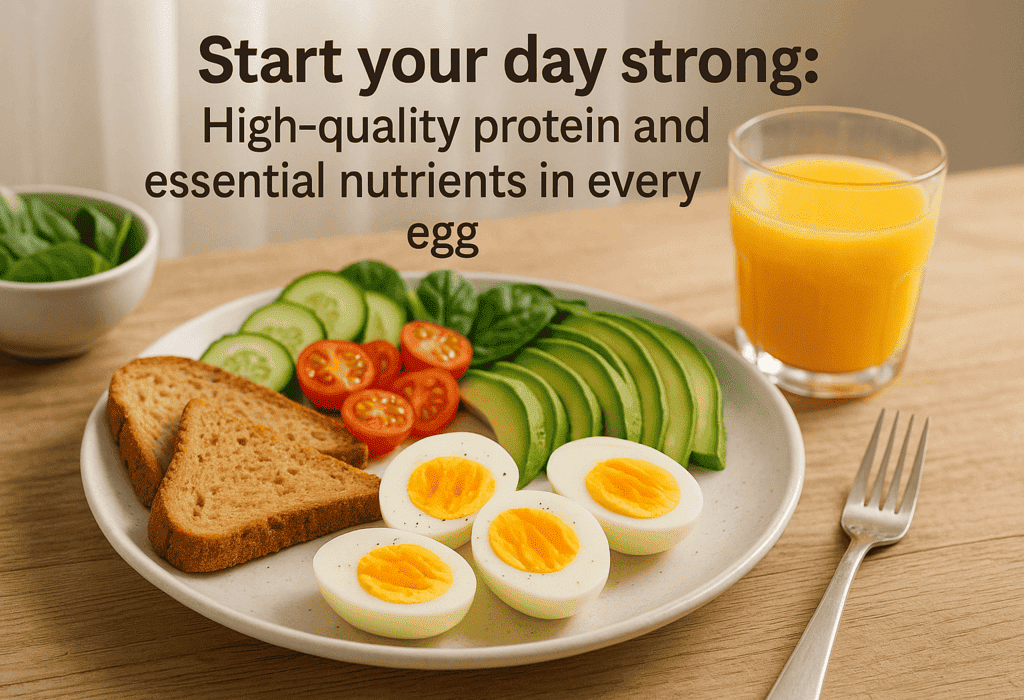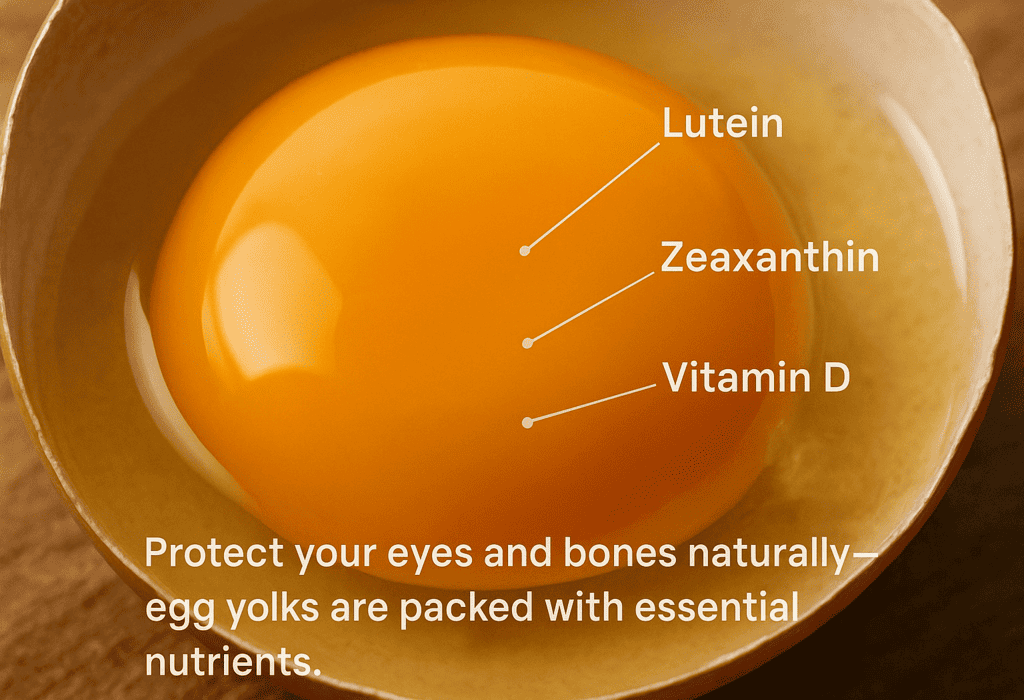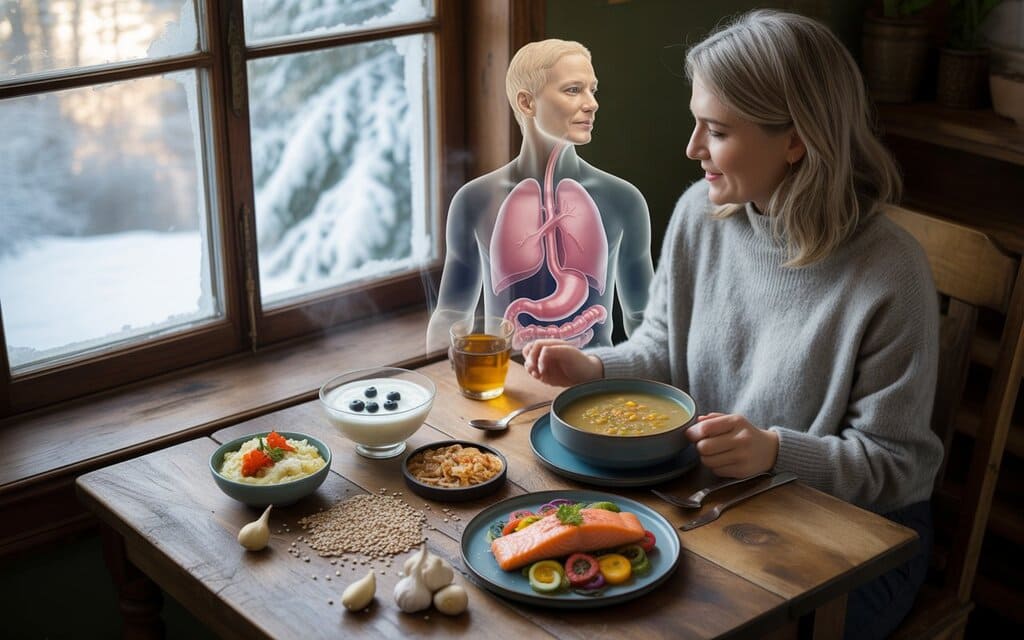
Introduction
Eggs are one of the world’s most versatile, affordable, and nutrient-dense whole foods. From breakfast plates to bakery goods and beauty recipes, eggs supply high-quality protein, vital vitamins and minerals, beneficial lipids, and antioxidant carotenoids. For decades eggs have been at the center of dietary debates—primarily because of their cholesterol content—but contemporary research from leading teams in Asia, Europe, and North America has clarified the balance of risks and benefits. This article is an SEO-friendly, evidence-based review that covers the nutrition, health benefits, beauty uses, and practical guidance for including eggs in a modern, balanced diet. Key studies and major review articles are cited throughout so you can dig deeper. MDPIPMC+1

Nutrition Snapshot — What’s in One Large Egg?
| Nutrient (1 large egg) | Typical amount | Why it matters |
|---|---|---|
| Calories | ~70–75 kcal | Low-calorie, nutrient-dense energy source. Good Housekeeping |
| Protein | ~6 g | Complete protein—supports muscles, repair, enzymes. MDPI |
| Total fat | ~5 g | Includes monounsaturated and polyunsaturated fats. Iowa Egg Council |
| Cholesterol | ~180–210 mg | Present in yolk; dietary cholesterol has a variable effect on blood lipids. PMC |
| Vitamin D | small amount (one of few natural food sources) | Important for bone health and immunity. Harvard Health |
| Choline | ~125 mg | Critical for brain function, fetal development. Iowa Egg Council |
| Lutein & Zeaxanthin | trace — higher in enriched eggs | Eye-protective carotenoids; benefit macular health. PMC |
(Sources: USDA & industry nutrition summaries; see references.) fdc.nal.usda.govIowa Egg Council

Health Benefits — Evidence by System
1. Muscle, Strength, and Healthy Aging
Eggs deliver an excellent amino acid profile and high protein digestibility, which makes them particularly effective at stimulating muscle protein synthesis (MPS) after resistance exercise. Multiple reviews and clinical studies—led by nutrition scientists and exercise physiologists—show that 20 g of egg protein can meaningfully stimulate MPS in young adults, and regular egg-protein intake supports muscle maintenance in older adults when paired with resistance training. These findings are summarized in major reviews from nutritional science groups in the United States and Japan. MDPIPMC
2. Cardiometabolic Health
Historically, egg cholesterol raised concerns about heart disease. However, contemporary large reviews and meta-analyses indicate no consistent increased risk of cardiovascular disease (CVD) for most people eating eggs in moderation; some studies even report small reductions in stroke risk with moderate consumption. The overall picture is nuanced—saturated fat in the accompanying diet and metabolic status (e.g., diabetes) change the risk profile—so recommendations should be individualized. Leading reviews from nutrition researchers in Europe and Australia/North America provide balanced summaries. PMC+1
3. Bone & Immune Support
Eggs contribute vitamin D, calcium (via diet combinations), and other micronutrients that support bone maintenance and immune function. Because eggs are one of the few natural dietary sources of vitamin D (albeit a modest source), they help fill seasonal gaps—especially in regions with limited sun exposure. Harvard HealthPMC

4. Eye Health
Eggs contain the carotenoids lutein and zeaxanthin, which accumulate in the retina and act as blue-light filters and antioxidants. Human trials have shown that consuming eggs—especially lutein-enriched eggs—raises blood carotenoid levels and can improve macular pigment, a protective factor for age-related macular degeneration (AMD). Research teams from Ireland and other European centers have published randomized and controlled feeding studies supporting this effect. PMCResearchGate
5. Weight Management & Satiety
Eggs are filling : breakfast meals centering on eggs often reduce subsequent calorie intake and improve satiety compared with carbohydrate-rich breakfasts. That makes eggs a pragmatic choice for weight-management strategies. MDPI

Eggs and Beauty — Hair & Skin
- Hair : Eggs supply protein and biotin, nutrients associated with hair structure. While topical and oral biotin regimens are popular, clinical evidence shows benefit mainly for people with diagnosed biotin deficiency; results in otherwise healthy people are mixed. Recent dermatology reviews emphasize that biotin supplementation is rarely effective unless deficiency is present. PMC+1
- Skin : Egg whites are used in home masks to temporarily tighten pores and reduce surface oiliness. Some egg-derived peptides and hydrolysates are under research for skin-moisturizing and joint-support benefits, but robust clinical evidence is limited. Use caution with raw-egg topical treatments because of infection risk. PMC
How Much and How to Eat Eggs — Practical Guidance
- Recommended intake: For most healthy adults, 1–3 eggs/day is reasonable when consumed as part of a balanced diet. People with specific conditions (familial hypercholesterolemia, uncontrolled diabetes, or established CVD) should consult their clinician for tailored advice. PMC+1
- Healthier cooking methods: Boiled, poached, or baked eggs retain nutrients and avoid added fats. Frying in large amounts of butter or serving with processed meats increases saturated fat and calorie load. Harvard Health
- Choosing eggs: Pasture-raised or omega-3–enriched eggs may provide higher levels of omega-3 fats and fat-soluble vitamins, depending on hen diet and farming practice. Real Simple
Recent, Notable Studies & Authoritative Reviews (selected)
- Puglisi & Fernandez (2022, Nutrients) — comprehensive review of egg protein benefits (muscle health, satiety, malnutrition prevention). (USA-based authors; useful summary of mechanisms). MDPI
- Matsuoka et al. (2022, MDPI / PMC) — Japanese review summarizing egg-protein functions, including egg white hydrolysates and potential metabolic benefits. (Asia perspective). PMC
- Carter S. et al. (2023, review) — up-to-date synthesis of egg consumption and cardiovascular risk, highlighting heterogeneity across populations and the role of co-occurring dietary patterns. (International). PMC
- Nolan JM et al. (2016; multiple follow-ups) — experimental work on lutein/zeaxanthin in egg yolks and effects on macular pigment (Europe / Ireland). PMCResearchGate
Practical Recipes & Safety Notes
- Quick, nutritious breakfast : hard-boiled eggs with whole-grain toast and a side of leafy greens (adds fiber, vitamin C to complement egg nutrients).
- Post-workout meal : 2 whole eggs + egg whites scrambled with vegetables — good mix of protein and micronutrients to support recovery. MDPI
- Food safety : Cook eggs thoroughly for vulnerable groups (pregnant people, infants, elderly, immunocompromised) to avoid salmonella risk. Refrigerate eggs and follow local storage guidance. Wikipédia
Conclusion
Eggs are more than a simple breakfast staple—they are a complete, practical, and affordable package of high-quality protein, important micronutrients, and bioactive compounds that support muscle health, eye health, bone health, and overall nutritional adequacy. Contemporary evidence from researchers across Asia, Europe, and North America shows that moderate egg consumption fits well into most healthy dietary patterns. The method of preparation, the overall dietary context, and individual health status determine the best approach for each person. For appearance-conscious readers, eggs supply raw materials used in traditional beauty recipes, but clinical evidence for cosmetic benefit is limited—nutritional support for hair and skin tends to be more reliable than topical DIY solutions.
If you’d like, I can convert this article into:
- an SEO-optimized blog post with headings and meta-description,
- a social media carousel (short snippets and visuals), or
- a printable infographic summarizing the nutrition table and top references.
Selected References (for further reading)
- Puglisi MJ, Fernandez ML. The Health Benefits of Egg Protein. Nutrients. 2022. MDPI
- Matsuoka R., et al. Health Functions of Egg Protein. (Review) 2022. PMC. PMC
- Carter S. Eggs and Cardiovascular Disease Risk: An Update of Recent Evidence. 2023. PMC. PMC
- Myers M. Eggs: Healthy or Risky? A Review of Evidence from High-Quality Studies. 2023. PMC. PMC
- Nolan JM., Kelly D., et al. Serum and macular response to carotenoid-enriched eggs. (Human feeding trials) 2017. PMC. PMC
- Harvard T.H. Chan School of Public Health — Eggs. The Nutrition Source. The Nutrition SourceHarvard Health
- USDA / FoodData Central — nutritional composition databases. fdc.nal.usda.gov
- Review: Biotin for Hair Loss (Patel DP et al.; 2017) and update 2024 literature reviews on biotin. PMC+1





